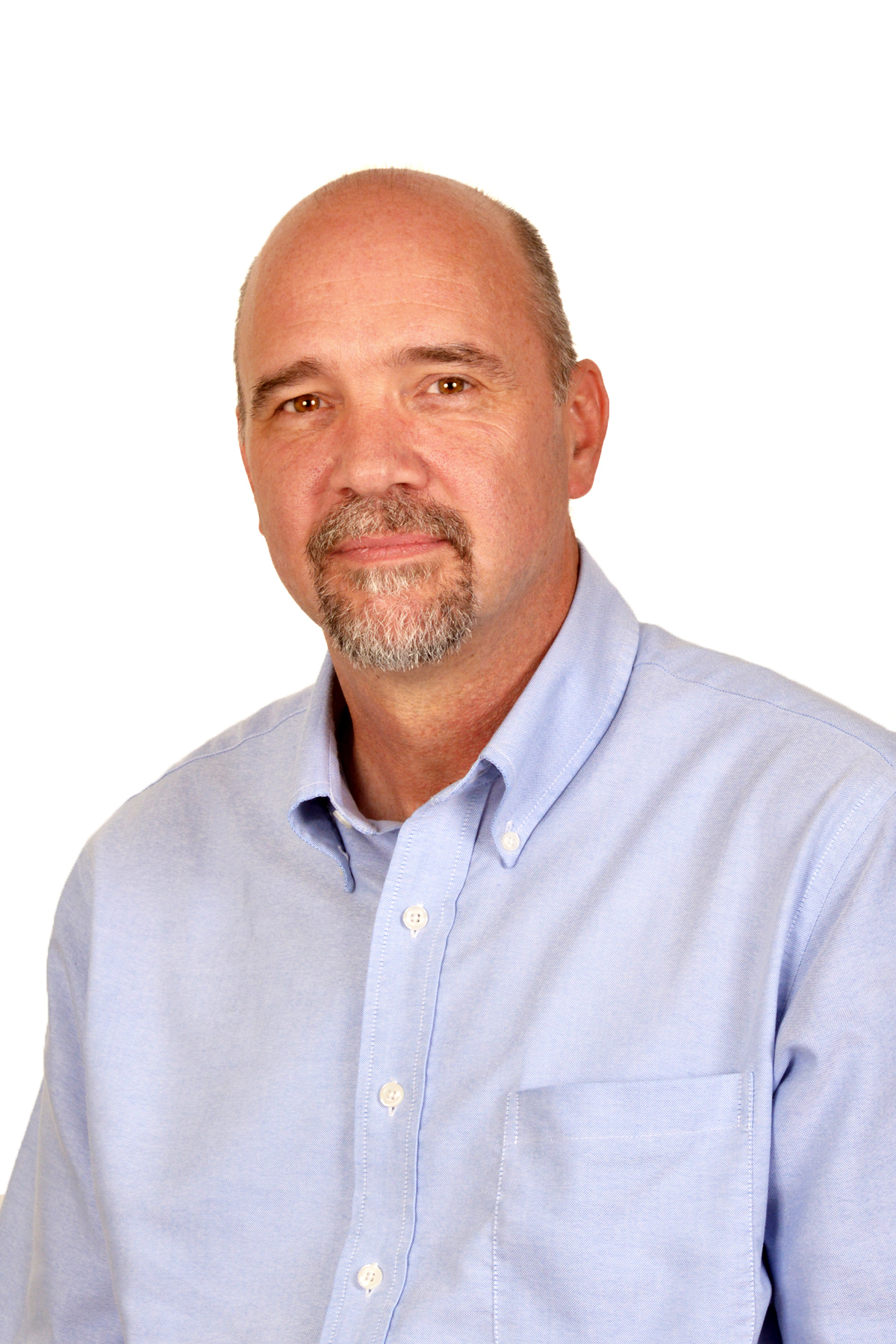The Power of Motivation
The Power of Motivation
By Steve Wright, MA, LCPC, RDDP
Therapist, Timberline Knolls
“My goal weight is zero.”
Interestingly, this was the second client in two weeks who made this statement. As I probed more deeply, the following story emerged.
CJ (not her real initials) said that in kindergarten she was bullied by another girl who called her “fat.” The thought “I don’t want to be fat” took root in her mind at that moment and began to play itself out in her experiences. She became very self-conscious of her body and of how she looked. In Junior High, she started dieting to try to lose weight. Not long after, she began to exercise and participate in swimming and track. She started working out on her own and then began limiting her food intake.
Eventually, CJ developed a full blown eating disorder. It morphed from anorexia to bulimia when her parents intervened and started getting her treatment. She ate, mechanically, and restored her weight. Then she began to secretly purge because her body did not look like she wanted it to look. Her perception of her body became dysmorphic and no matter how many people told her she looked beautiful, all she could see was “fat.” More treatment ensued.
Months went by, then years, always struggling with her perception of her body image, until at some point she was able to truly say that she did not care what she looked like, and mean it. What had taken over was not the need to look a certain way, but the more abstract thought of becoming perfect in her eating disorder. Zero became her goal weight.
For CJ, the progression of her eating disorder developed into an obsession, not to look good, but to succeed. True success, the end result for which she was striving, was to weigh zero. She was not delusional in believing this was physically possible. She knew she would die at some point if she started acting on her obsessive thought. But, she was being honest now. She was saying it out loud.
Admitting that was a big step for her. She began to make progress by addressing her obsessive thoughts with OCD interventions. However, motivation was always difficult for her. Eventually, she and I hit upon a strategy to help increase her motivation. She was caregiver to three young children, a job she took while in college. That work had continued until she was forced to go into treatment again to deal with her escalating eating disorder. She missed them. She realized that reaching her goal of zero meant never seeing those precious children again. She began to have hope that, even though the obsession was present, she could develop skills to organize her behaviors around the fact that she valued those children more than she valued being “zero.”
It has been a difficult road for CJ and I suspect her story is reflected in others who struggle with an eating disorder. My interaction with her and others like her have given me better insight into the progressive nature of an eating disorder. It has also given me an awareness of how powerful the right motivation can be in helping someone push through to recovery.
CJ is still working on herself. However, her hope is to keep her disease under control and focus on making a difference in the lives of children, more than just the three children she cares for. She intends to go back to school and become a teacher and work with disadvantaged kids. It is my opinion that she would be amazing. “Zero” is still a battle for her. But, now she sees the value of “three” children who love her, of “four” years in college to become a teacher, of “one” life that is hers and can make a difference in the world.
Author Bio:
Steve Wright, M.A., LCPC, RDDP is a therapist at Timberline Knolls Residential Treatment Center located in the Chicago area. He served for more than 25 years as a minister working in churches with youth, families, and as a senior pastor. As a counselor, he worked in residential treatment as a therapist, supervisor, coordinator, and program director first in the substance abuse field and then in the eating disorder discipline. Steve holds a Bachelor’s degree in Biblical Studies from Central Bible College in Springfield, Missouri, as well as a Master of Arts in Teaching from Olivet University and a Master of Arts in Community Counseling from the Illinois School of Professional Psychology in Chicago.






